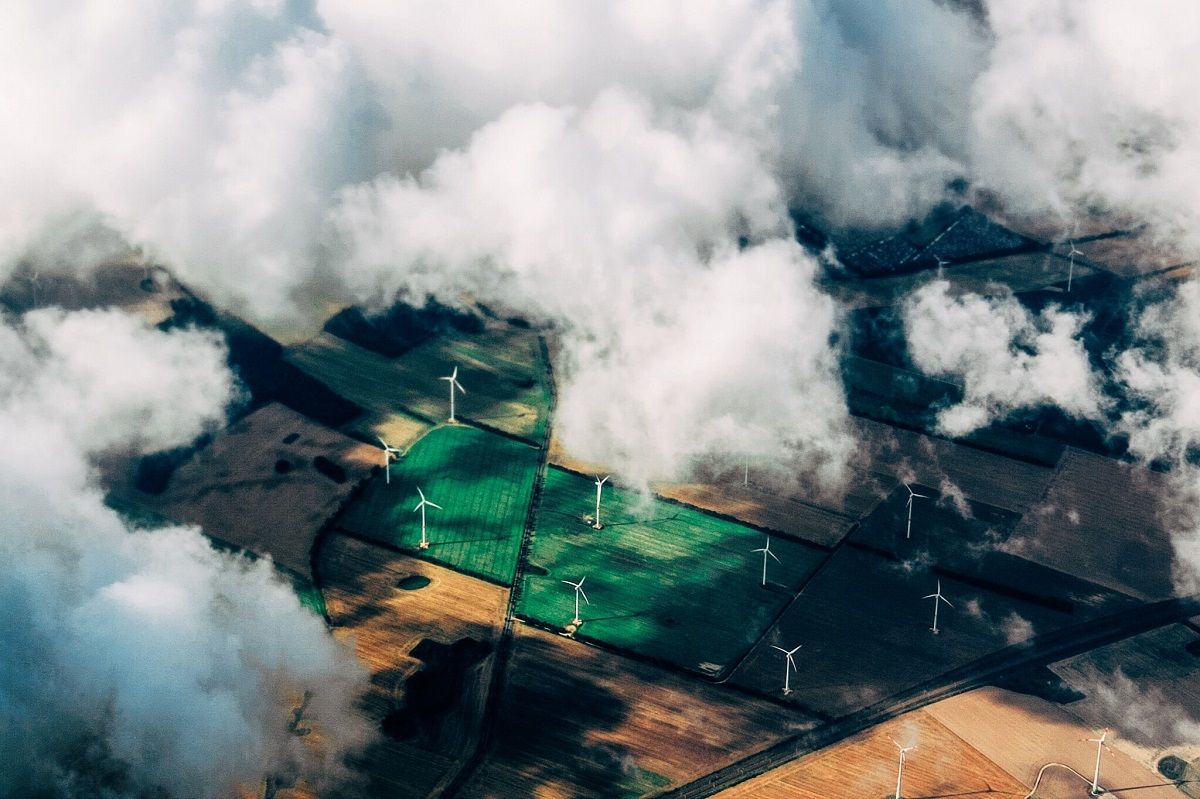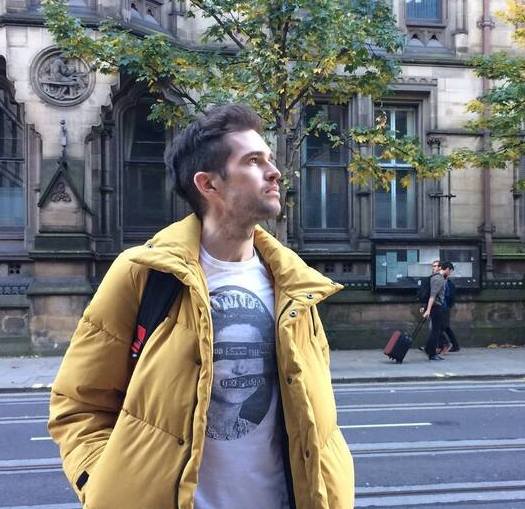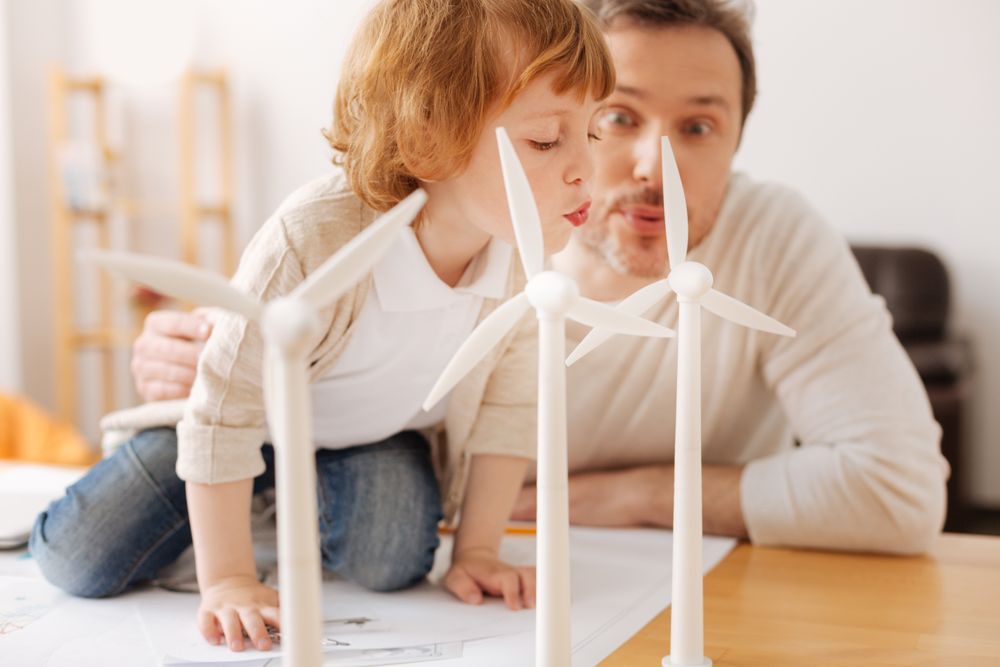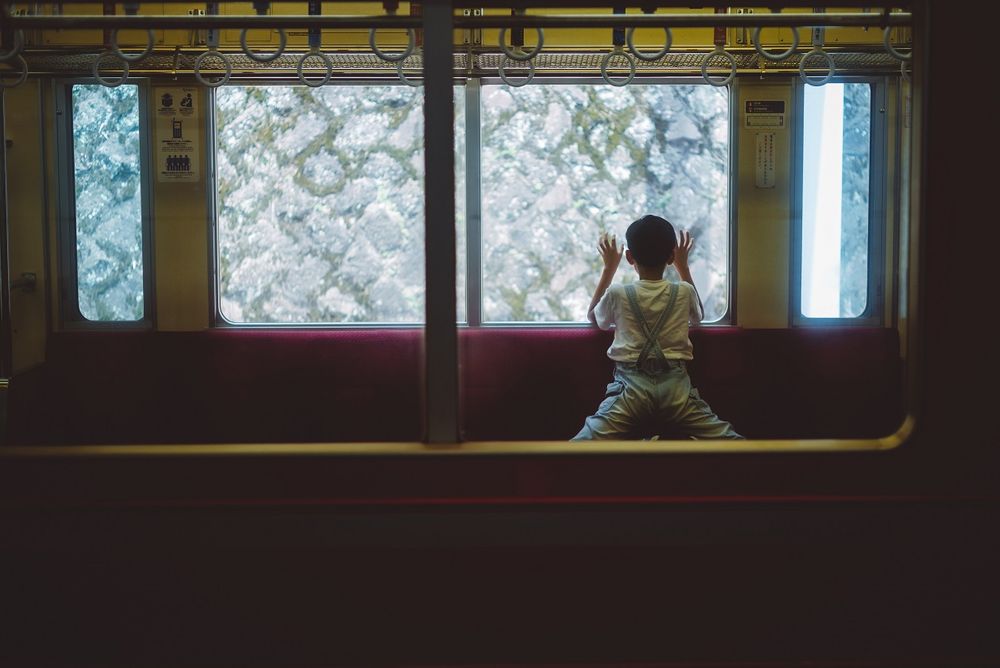“Where man is not, nature is barren.”
— William Blake
I must admit, that quote has sprung to mind a lot recently. Each time I hear someone asking about the impact coronavirus will have on the environment, and each time I see pictures of deserted streets and beaches, Blake’s words are right there in front of me.
A lot has been said about the effect COVID-19 will have on our planet; some of it is positive, some of it is alarming. But what will our world really look like once the dust has settled on this pandemic? Will it be better? Worse? Or will there barely be any difference at all?
Air quality has improved… For now
This observation isn’t new, and it’s (thankfully) one that can’t really be contested.
In fact, NASA first observed a drop in air pollution in China way back in March. Fei Liu, who works at NASA in an air quality research capacity, said at the time, “This is the first time I have seen such a dramatic drop-off over such a wide area for a specific event.”
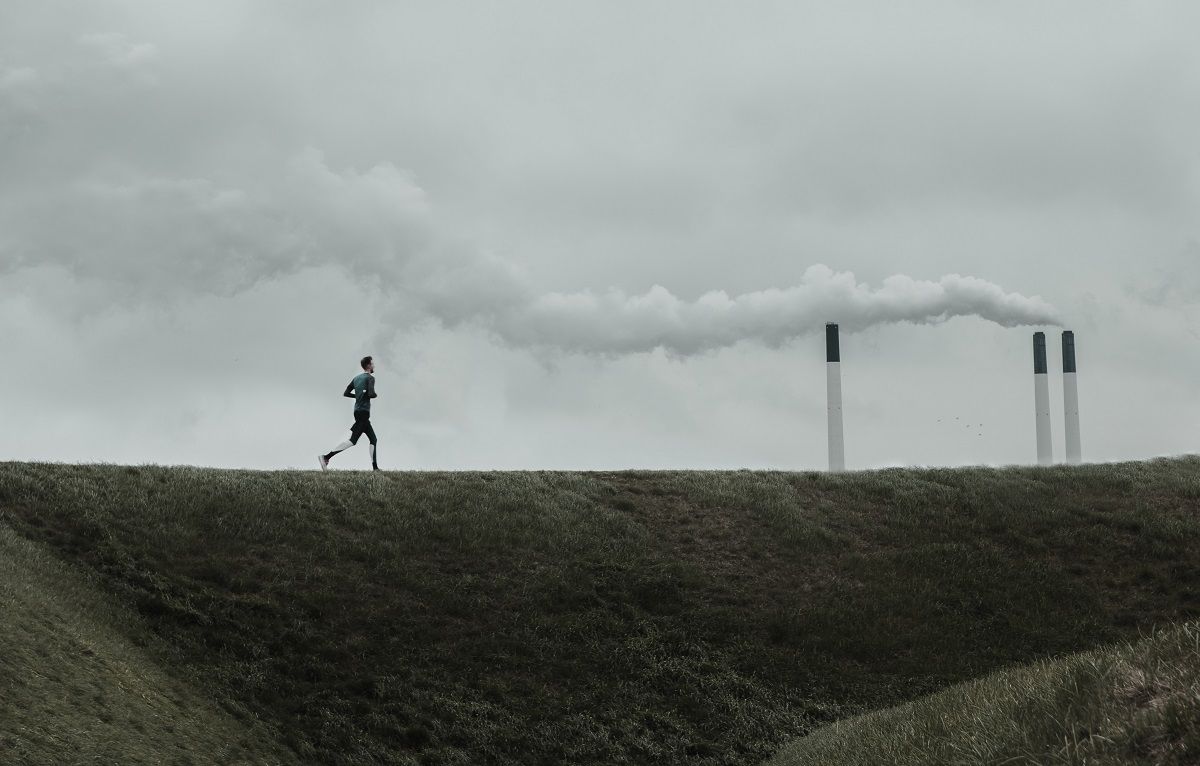
Wuhan, the first epicenter of the outbreak, was the first city to notice a reduction in nitrogen dioxide levels. But as manufacturers across China were forced to down tools, the reduction spread across the country. Major cities like London and Madrid have recorded significant decreases, too.
What does this mean?
For one thing, lower levels of air pollution mean fewer deaths in general. It also means we may notice a drop-off in coronavirus-related deaths, as research is ongoing into the relationship between air pollution and the spread of the virus. At the moment, it’s thought that air pollution quickens infection rates and thus causes more deaths.
Before we all get a bit too excited, however, a senior lecturer in chemical engineering at the University of Melbourne has suggested that environmental policies are likely to be relaxed during the pandemic and that air pollution levels will soar once we’re all out of quarantine.
Waste is rising
One of the biggest problems we’re facing away from health risks and overwhelmed hospitals is a rise in waste levels.
Starbucks did the right thing a few weeks ago when they told their customers they could no longer accept reusable cups for the time being to stop the virus from spreading. But since then, we’ve seen local councils suspend recycling operations. And those single-use tissues and face masks we’re all using? They’re mostly going in the rubbish bin after we’ve used them.
As far back as January, people have been advised to dump their face masks in the bin after use, which is understandable since most of us are wearing disposable ones. However, recyclable masks are being produced, but getting your hands on them is a different issue altogether. As such, we’re all using disposable masks, which — as this article points out — is itself an eco “crisis in the making.”
Waste management, as a whole, is struggling to cope during the pandemic. This, of course, means that waste is just decaying out there, which leads to an increase in greenhouse gases.
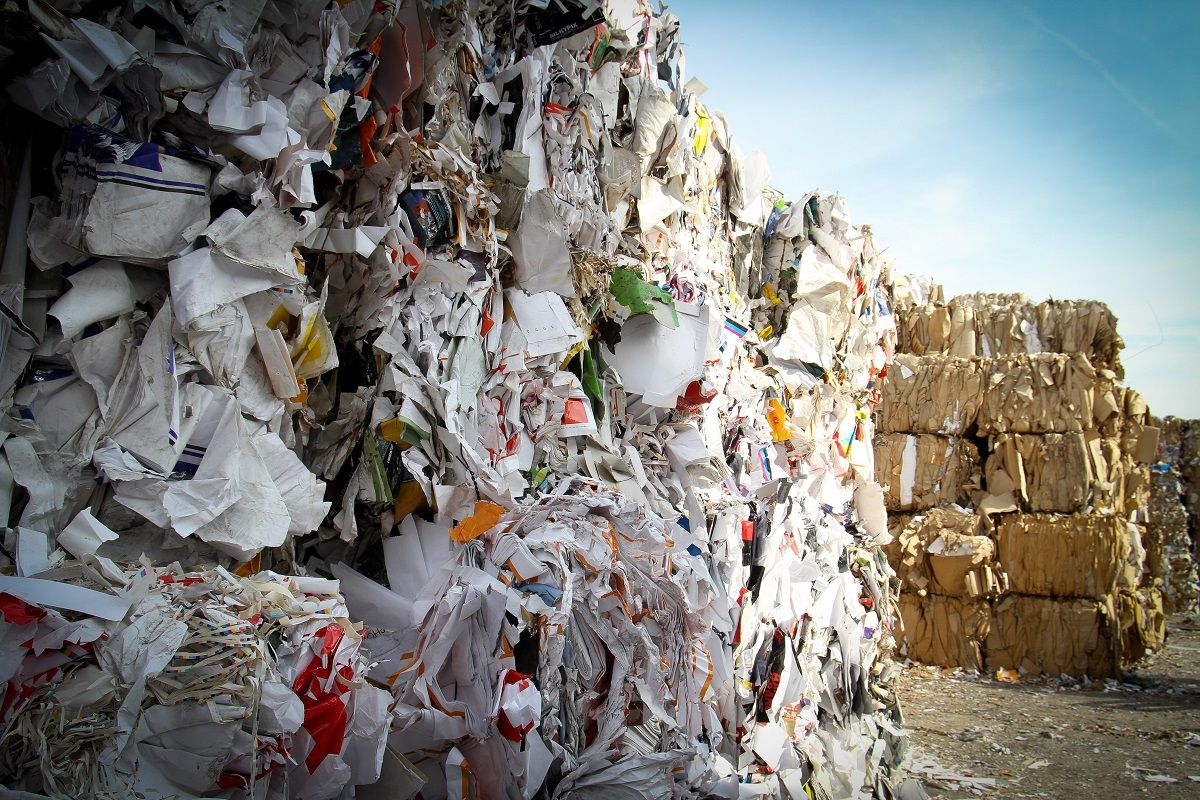
Airline emissions have reduced
So far, so glum. But here’s some better news: Since the coronavirus pandemic kicked into gear, airline emissions have reduced dramatically.
People are still flying (the UK continues to welcome 15,000 people per day), but it’s estimated that 67,000,000 fewer people flew in the first quarter of 2020 than they did the previous year.
That number will continue to dwindle as lockdowns continue, which — of course — means less airline emissions.
Naturally, once the virus slows down, people will start flying again. But will we be flying as frequently? Will more of us exercise caution and travel less until we’re sure the virus has been completely eradicated? There’s every chance a fair percentage of people will continue to stay at home until a vaccine has been created.
Of course, it may come down to how badly affected by COVID-19 a country was. For example, New Zealand — where fewer than 20 coronavirus-related deaths have been registered — has already reported a surge in flight bookings. But would Italians, whose country has been traumatized by the pandemic, be as keen to make a holiday the first thing they do once quarantine is over?
Moreover, with nations implementing enhanced monitoring procedures, and the possibility that testing will be mandatory at airports before people board flights, there’s also the chance that those who can’t be bothered with the extra hassle will stay away, at least for a few months.
The next step: kick-starting the economy
I’m sure you’ve heard the arguments from both sides of the fence, just as I have.
There are those who say we all need to persist with lockdown measures introduced by our government and put health first. And then there are those who, while acknowledging that we need to protect the most vulnerable in our societies, argue that we also need to kick-start the economy, or else face irreversible long-term catastrophes.
I’m somewhere in the middle. But what I will say is that the worldwide lockdown has shown that many of us can work from home. We can have meetings from home, carry out our key tasks from home.
Many businesses are realizing that, actually, they don’t need all their staff to travel into the office every single day. And if they continue with this mindset after the pandemic is over, we will see a reduction in emissions, which is fantastic for the climate.
But we need to do more than that. Now is our chance to hit the reset button on the economy and get to net zero by the middle of this century.
Now is the time to harness the goodwill we’ve all shown in recent weeks and months to show that we really care about each other and the planet in the long-run. Now is the time to quit the short-term thinking and to instead invest 100% in tomorrow’s industries, such as electric vehicles and renewable energy. There has never been a better time to do that. We are standing at the frontier.
Final thoughts
So, the coronavirus pandemic has given us a tantalizing look at what life might be like with less air pollution.
However, it’s also thrown into sharp relief that the world was very unprepared for a pandemic. As well as hospitals being overcrowded and people dying unnecessarily due to a lack of access to healthcare and life-saving equipment, key eco issues like waste management and climate change have suffered a hammer blow.
My take on this is that we must be better prepared for another pandemic; not merely in terms of how we handle its effects on our health and the economy, but how we handle its effects on the planet. We can’t just suspend and even forsake all our efforts on this front each time we’re threatened by a new virus.
That would only undo all the good we’ve done so far.

